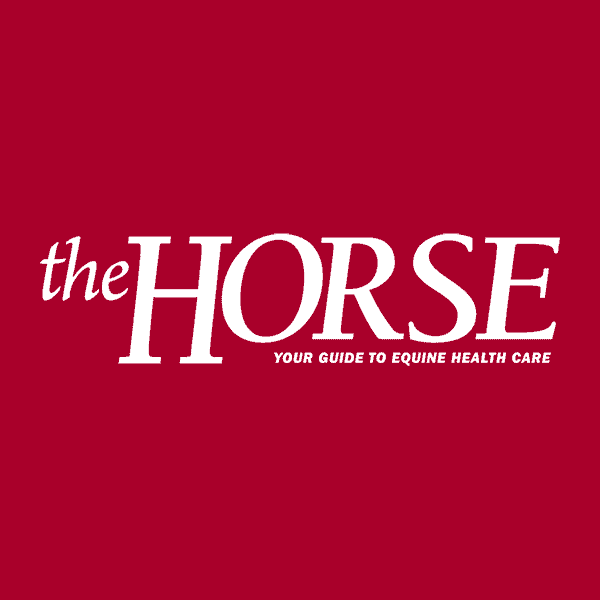Two Michigan Horses Die From Rabies
Two horses have been diagnosed, and died as the result of rabies during the month of April in Michigan. The first horse was from Casco Township in St. Clair County, and the second was from Deckerville in Sanilac County. The
Two horses have been diagnosed, and died as the result of rabies during the month of April in Michigan. The first horse was from Casco Township in St. Clair County, and the second was from Deckerville in Sanilac County. The first horse died due to rabies, a disease that affects the central nervous system, and the second horse was euthanitized after it began to exhibit symptoms of rabies.
The horse in Casco Township was bitten by a skunk two weeks before its death. The second case of rabies, in Deckerville, is presumed to be the result of the horse being bitten by a rabid skunk six months earlier. According to Steve Halstead, DVM, equine veterinarian for the Michigan Department of Agriculture, rabies may take up to six months before symptoms appear.
State health and agriculture officials are monitoring the increase in rabid skunks due to the fact there have been seven cases so far this year compared to only two for the whole year of 1998. Before the latest two cases of rabies involving horses, a horse has not been diagnosed with the rabies virus in Michigan for five or six years.
Halstead pointed out that horses are more susceptible to rabies than other livestock are, such as cattle or pigs. He said horses require lower doses of the rabies virus in order to become infected TheHorse.com is home to thousands of free articles about horse health care. In order to access some of our exclusive free content, you must be signed into TheHorse.com. Already have an account?Create a free account with TheHorse.com to view this content.
Start your free account today!
and continue reading.

Written by:
The Horse Staff
Related Articles
Stay on top of the most recent Horse Health news with















